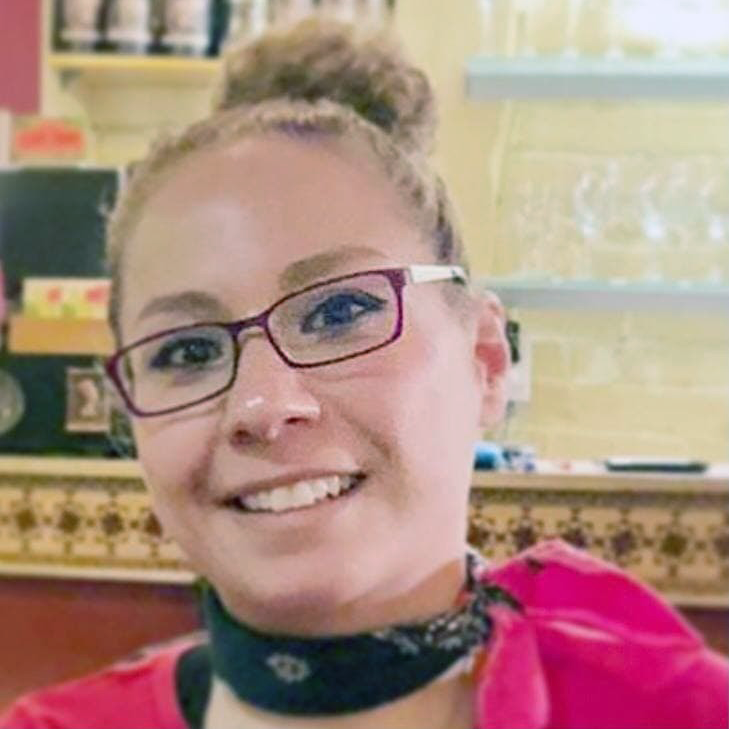CSpotlight: Empowered by data science

Faegheh (Fafa) Hoshyargar is a senior scientist, focused on global chemical and materials research. After identifying the need to apply big data tools and techniques within her field, she enrolled in the University's Post-Baccalaureate Certificate in Data Science program. She is now on her way to more efficiently manage and synthesize the large datasets she deals with on a daily basis.
Why did you choose to pursue the Post-Baccalaureate Certificate in Data Science at the University of Minnesota?
Throughout my academic and industrial experience, I've always needed to process and analyze data to explain phenomena, monitor and control processes, and predict structure or properties to make informed decisions. A while ago, I participated in the design for six sigma courses. These courses, along with my genuine curiosity, awakened my thirst to learn even more about data science. Through my research and talking to other professionals, I discovered the Post-Baccalaureate Certificate in Data Science at the University of Minnesota, and knew that it would be a great starting point for me.
How did you become interested in data science, when your background is in chemistry? How do they relate to one another?
I have spent more than ten years working in prominent academic research facilities and research and development divisions in industry. I witnessed how technology intrudes the entire sector by presenting new methods to carry out production, source raw materials, manage facilities, and gather data. The ability to collect better and more accurate data efficiently, as well as analyze the tons of collected data, can help improve business processes to reduce wasted money and time. Every company can see the effect of wastes – how it drains the resources that should be spent on factual matters, squander people’s time, and ultimately impact the companies’ bottom line. Working with experimentalists and witnessing inefficient back-and-force communication with data scientists helped me attain the perspective that to fully capitalize and utilize the data assets to feed the system and deliver measurable financial results, one needs a good understanding of these two separate yet connected fields. One must possess the capabilities to understand a solid grasp of applications that are solely enabled through hands-on experience and manage vast amounts of collected data using sophisticated statistical and visualization techniques. The latter will allow us to derive forward-looking insights to help predict potential outcomes and mitigate potential business threats.
How will the data science certificate help you achieve your future career goals?
I aim to combine and use my expertise in chemical and materials science with the knowledge gained from the data science program to derive meaningful insights and potential pathways from large datasets in the chemical research and the chemical industry. I look forward to the opportunity to work with researchers and industrial partners on various projects, develop new products, improve the available methods, and pursue my dream career as a scientist with expert knowledge of data analysis.
What has been your favorite part of the data science program so far?
For me, I've really enjoyed getting to know the TAs and instructors, because they show such care and commitment to teaching. They have all inspired me, and made it exhilarating to dive into statistics, programming, data structure, and algorithmic thinking.
What have you found most difficult about the data science program?
It has been exciting yet daunting to deal with lots of new information and the many things I had to learn! The first couple of weeks of the program were challenging for me to catch up with everything. I must note the kind support from the graduate program coordinator, Allison Small, who has always been a great source of guidance for me, particularly at the beginning of the program.
How did you get involved in the Science Court at the University of Minnesota?
Science Court is a project designed to combat polarization in American society and strengthen democracy. It is run as an interdisciplinary course in the University of Minnesota Honors Program involving students from across the university. The students select a controversial issue and spend an entire semester studying it in depth to determine the facts (based on sound scientific research) and then argue it in a mock trial in front of a jury of citizens with a mix of views and backgrounds.
I served as a jury member for the Science Court. Other jury members and I spent a day participating in the trial, heard and considered the facts, deliberated, and provided the statement. I found this process not only resembling an actual trial but also exciting, informative, and engaging.
What advice do you have for people considering data science as a career?
Do not be frustrated if you are coming from a seemingly irrelevant background. While the program might seem most beneficial to professionals from computer science, statistics, economics, and engineering backgrounds, data science could and must attract a broader audience with physical science backgrounds. With the massive explosion in data in all disciplines, data science is undoubtedly poised to be a must-know skill now and in the future. The tools and techniques acquired in data science empower those who use them and identify them as a rare talent.